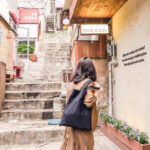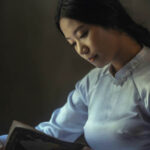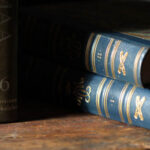Two ways of looking at hope:
Kim Eun-Kook’s The Martyred, Park Ji-Won’s The Jehol Diary
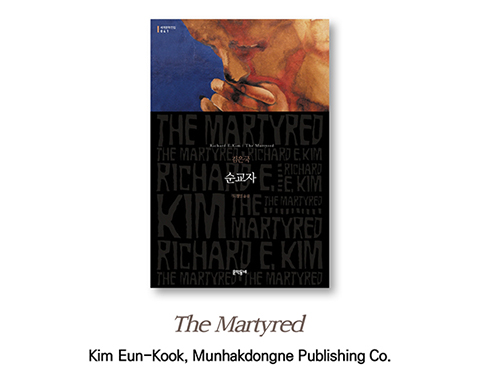

The novel The Martyred (Munhakdongne Publishing Co.) depicts human beings that didn’t let go of hope even in the midst of war. Koreans had to undergo the Korean War, which was a skirmish of the Cold War in the 20th century, only five years after the country was liberated from Japanese occupation. All human beliefs are shattered on the battlefield, where minutes or even seconds determine life and death: evil flourishes, and good dies. Falsehood becomes truth, and truth becomes falsehood – the end of absurdity takes place. The “alternative truth” is common in extreme circumstances such as war. Writer Kim Eun-Kook who immigrated to the United States after participating in the Korean War as an officer, elevates the story of a young man who agonizes as he traces the true and the false to a religious level.
The story takes place in Pyeongyang, the capital city of North Korea, which has been occupied by South Korean soldiers. Just before the troops retreat because of Chinese intervention, Captain Lee – the protagonist – is tasked with getting to the root of the pastor massacre committed by the communist regime. Two of the 14 detained pastors survived, but one became insane, and another closed his mouth. It was the moment when the martyrs and apostates were clearly divided, but as Captain Lee digs in, the truth behind it seems to be different from expectation. The storyline of this detective fiction unfolds with twists one after another, and the profound message about the relationship between human beings and God breathes life into the book. Why did the priest who did not have faith in God give testimony of him? “As I watched human beings become animals when hope and justice vanished in war, I decided that God’s promises are more valuable than the truth. We must have hope against despair.”
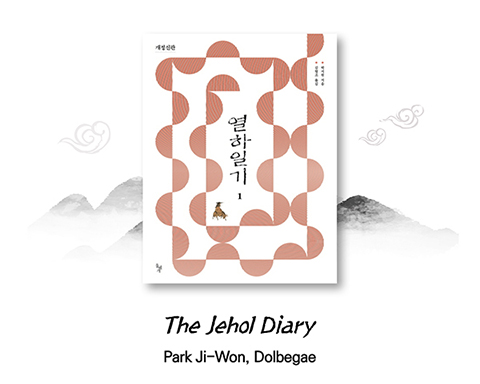
A travelogue written by a member of the diplomatic delegation to China (Qing Dynasty) 170 years before The Martyred is The Jehol Diary (Dolbegae) written by Park Ji-Won. The writer believed that the Joseon Dynasty of the late 18th century was in a “degenerate age.” The governing power of the Joseon Dynasty at that time was absorbed into the justification theory of Neo-Confucianism, which worshipped the fallen Ming Dynasty as legitimate China and despised the Qing Dynasty who took over the continent as barbarians. As a result, the ruling power didn’t pay much attention to cultivating the commerce industry, which was vital to national development. It turned a blind eye to the improvement of institutions that would ease the livelihoods of their people. Instead, they only waged political battles about the vain theory of conquering into the north. The book The Jehol Diary broke the armchair argument of the time, which can be easily seen from how he chooses “broken roof tiles” and “night soil” as the most interesting things to see in China. This is because the walls decorated with fragments of roof tiles make beautiful scenery, and the manure stacked for fertilizer shows the advancement of civilization.
In the book The Jehol Diary, Park Ji-Won believes that “if the law is good and the system is beautiful, we should learn from them, let them be barbarians.” His practical idea that “there’s no reason to not follow the legislation and convention useful for the nation and the people while even the enemies make whatever that’s useful for their country theirs” represents the people who lost hope due to the governing power’s seizure and exploitation. Although written in the form of a travelogue, it is also interesting to see how he analyzes the international situation through months of field observation in China and presents foreign strategies for the Joseon Dynasty. What’s more, it lets readers take a glimpse at the inner world of an elite who lived in the dark period with endless introspection while striving to criticize society and suggest alternatives. The book The Jehol Diary, which warned of the country’s decline and called for innovation, could not be published until the 20th century as it was hated by the powerful. Now that the oppressive power is gone, the book is read and shall continue to be read in the future.
Written by Jung Seung-Min (Writer and host of book-tube channel 〈Ildangbaek〉 (meaning 100 books to read in your lifetime))


